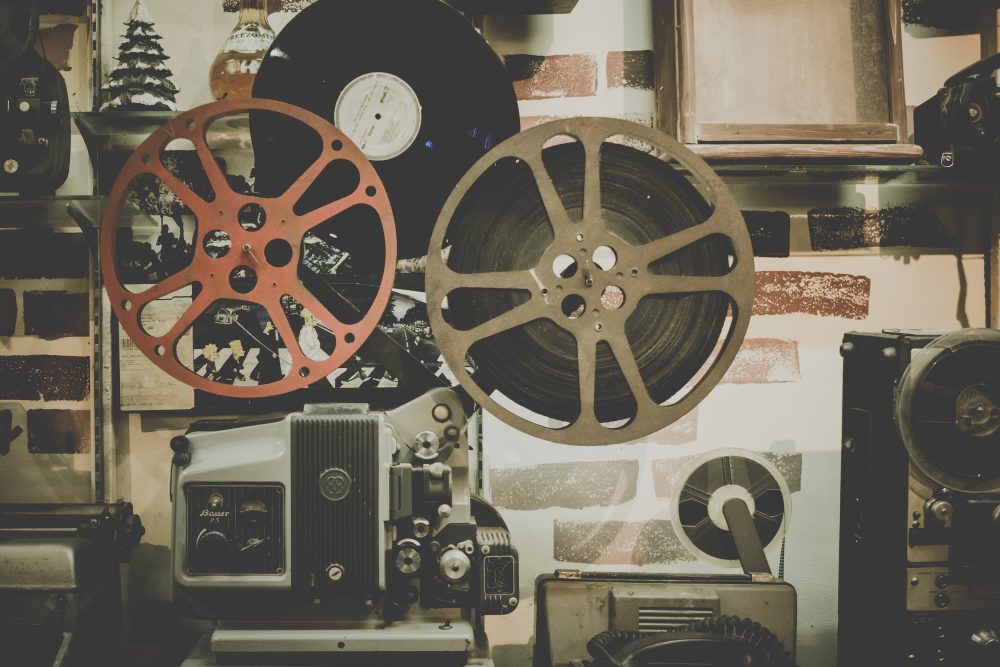
I have no idea how to write a piece on triggers without triggering someone, so this is a heads up. Please look after yourself when reading this, and I wont take it personally if you don’t read it.
Recovery takes hard work and dedication, it takes soul searching and a huge amount of self awareness. Recovery is an ongoing process, well it is for me any way. It’s not like I woke up one day and thought “oh hey I’m perfectly fine now and couldn’t imagine hurting myself in anyway shape or form ever again.”
It doesn’t work like that.
I’ve been in recovery for my disordered eating and self-injury for years now, I’m doing pretty good, weeks can go by when I don’t think about Self-Harm. But then something will happen and I will have to fight with myself everyday to keep eating, to not physically hurt myself or distance myself from people.
My journey is tied up in my feelings of control, not having enough of it and feeling lost and it’s pretty hard to control when you feel out of control. That is my biggest trigger.
So how do I deal with that?
I have had to learn to recognise that growing sense of anxiety that I feel when things seem chaotic or uncertain, I have to know who to ask for help and when to admit that I need it. I have had to learn other coping mechanisms to deal with that feeling.
But what about the actual trigger, what if unlike me, it is an image or a piece of music, if its specific words or phrases, if a certain thought pattern or smell or any number of other things. How do we help ourselves and keep ourselves safe with that.
There is no hard and fast rule for this. But I do have some guidelines...
Know your triggers – learn what it is that you struggle with, if possible try and avoid it, or limit your exposure until you feel strong enough and confident enough to start dealing with it.
Capture the thought – Sometimes our brains wander and we get lost in thought, or specific images and words get stuck in our heads. What we need to do is capture that thought. To recognise what it is, that is unhealthy and unhelpful and then we need to get rid of that thought, you can always ask a friend to help you breakdown why it is unhelpful and untrue and work through it with you. They can take that thought to court.
Have support – You can tell people that you struggle, it’s good to ask for help, whether it is from a friend, family member or a medical professional. You can tell them specifics, what is helpful and what isn’t. You can also tell people how to spot when you are struggling so that they can keep an eye out and step in without you saying anything. This also means telling them what you DO find helpful.
Be kind to yourself – You are only human, and those who struggle are often really hard on themselves. So be nice, give yourself a break, don’t be afraid to say no or eat that chocolate bar when it is needed. Say nice things to yourself and surround yourself with people who love you.
As I said this is just a guideline, but I know it’s helped me.